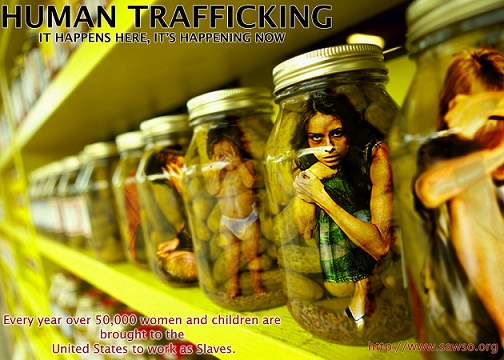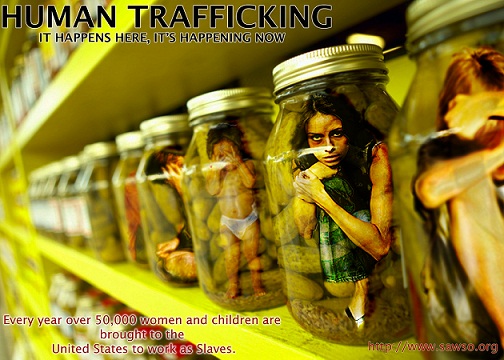
By ELLEN TORDESILLAS
ONE of the memorable movies shown last year was “Alagwa: starting Jericho Rosales as the widower Robert Lim and Bugoy Cariño as the boy Brian.
Directed by Ian Loreños, it’s a heartbreaking story of the young father’s search for his son who was kidnapped in a mall.. Lim (Rosales) left the son in the Men’s Room to attend to something. When he returned for the boy, he was gone. Later, in the CCTV which the police officers obtained, they saw a man approach his son as the boy stepped out of the Men’s Room. The man must have said something to convince the boy to go with him. (Warning to parents: never leave your children, even for a moment, in public places.)
In Lim’s search for his son, he stepped into the harrowing world of child trafficking. Years later, he found his son a beggar in Hongkong.
 It is shocking to know that Alagwa is true. VERA Files has a project “Trafficking Casewatch “ supported by Embassy of the United States and the Embassy of Canada and we are doing stories on human trafficking cases in the country. The stories are shocking and heart- rending. There is the story of a mother who has been searching for her two sons the past ten years. Reading about reports of child trafficking, she said she is having nightmares imagining the miserable condition her children might be in. She said sometimes, the question of “Are they still alive?” crosses her mind.
It is shocking to know that Alagwa is true. VERA Files has a project “Trafficking Casewatch “ supported by Embassy of the United States and the Embassy of Canada and we are doing stories on human trafficking cases in the country. The stories are shocking and heart- rending. There is the story of a mother who has been searching for her two sons the past ten years. Reading about reports of child trafficking, she said she is having nightmares imagining the miserable condition her children might be in. She said sometimes, the question of “Are they still alive?” crosses her mind.
There are many reasons why child is being trafficked. Some for adoption, in many cases forced labor which includes begging, and cybersex.
It is observed that human traffickers are seen operating actively in disaster-stricken areas like what is happening in Tacloban and Samar after typhoon Yolanda.
Last week, media carried the report of London’s National Crime Agency about the efforts they are doing in cooperation with United States and Australian authorities in breaking up a pedophile syndicate in the Philippines victimizing some 60,000 to 100,000 Filipino children (ages six to 15).
Children are made to perform sexual acts and the video are streamed live to the syndicate’s clients all over the world.
“Extreme poverty, the increasing availability of high-speed Internet and the existence of a vast and comparatively wealthy overseas customer base has led to organized crime groups exploiting children for financial gain,” the National Crime Agency said in its report.
The report said the investigation called Operation Endeavor covered 12 countries and led to the arrest of 17 British nationals. In the Philippines, the “epicenter” of the cybersex syndicate is Barangay Ibabao, a slum area in Mandaue, Cebu.
The NCA report said although some children are lured into the cybersex syndicate by pimps, some are pimped by their own parents.
The report quoted a police officer, Denis Comunay, relating of their raid of a “cybersex den”—a small house that was almost empty except for a dirty mattress on the floor and electric sockets hanging from the ceiling.
“Fathers and mothers would bring their children here to show, and would get paid by the owner of the house,” he said.
The report said clients are charged $100 each to watch the children perform sexual acts. One British guy said he paid 13 pounds (P959.00). Payment is made through international money transfers.
Pimp/Parents reason out that there is nothing wrong in what they are making their children do because no body contact with clients is involved. A perverse reasoning.
The NCA report confirms what is known as an open secret in Cebu. These illegal activities would not be possible without the cooperation of law enforcement officers as well as local officials.
Malacañang said the Aquino government is determined to stop human trafficking. Presidential Spokesman Edwin Lacierda said, “We don’t want to be identified as a haven for pedophiles.”
